Pat, how did all this come about?
"I'm a retired principal, I love teaching. I took the early retirement scheme because it was a no-brainer. After a couple of months of retirement, I felt it was groundhog day. I saw the doom and gloom in rural Ireland and I saw the unemployment. The harsh reality is that areas of rural Ireland have lost their pub and shop, and the only bit of glue keeping the rural community together is the GAA club.
"Two years ago, I was managing Templenoe U14 football team. To get 15 players, we had to join with three other clubs - Derrynane, Sneem and Tuosist - two of which are 45 miles apart. It's all because of the small population. The vast majority of those who go away to third-level don't come back due to lack of employment.
"I started going to a lot of meetings, especially in Kerry. But all the meetings were about single issues such as Garda station closures and the GAA struggling to fill teams. I see the effects of all the closures but I'm not here to look back.
"There was no plan or solution - too many of those meetings are filled with point-scoring politicians. I could have been going to meetings for the rest of my life. So I, among other lobby groups, started bombarding TDs and saying that we needed a plan or a vision. After knocking on some doors, I had a meeting with Minister Phil Hogan, and the Department of the Environment came on board."
So CEDRA was born, and Pat was appointed chairman. But what exactly is it?
"We're trying to come up a with a jobs strategy for rural Ireland that can support employment. We won't have a sustainable rural Ireland if we don't have jobs.
"One of the causes of the problems in rural Ireland is that too much policy is created in central government. And, while rural is part of every department in Ireland, it's not the responsibility of any of them. We are giving the people of rural Ireland the chance to have their opinion heard.
"The Commission is keen to engage with rural dwellers, with a view to using these contributions in the preparation of its report. We're also trying to get industrial groups working together to achieve joined-up thinking. We are starting out with a blank piece of paper. We're going to get information, analyse it, assess it, and come up with a strategic plan. We'll come up with 10 to 12 workable ideas."
Why are you doing this?
"I'll do something because I believe in it. I'm a lunatic on this. I don't have a tuppence for cynicism. There's so much negativity and doom and gloom.
"I keep telling the Government ministers about the bad news, and how they're not getting our message across. Rural Ireland is full of resilient people doing great things. It's soul-destroying to see so much negativity on television. We need to get the positive message out there.
"This is not a quango. I'm putting in full-time work but I'm not being paid. And I'm not coming to it with an agenda. I've no interest in politics. If you ever see my name down for politics, pull me aside. I retired from football in 1991. I thought to myself: 'I owe nothing to nobody - I'll eat, drink and get fat.' But then I realised I was good at football because of the time and effort invested in me by other people.
"Ireland had been good to me for 30 to 35 years. It might sound naff and romantic, but I want to give something back. I'm privileged and thrilled to have gotten the position."
How exactly will it work?
"We are kick-starting with public meetings, holding a series of 15 over the next 14 weeks. I am asking the local community to come out and tell us what the opportunities and barriers are for economic growth in their areas.
"The next thing we're having are stakeholder meetings. We're meeting business people, manufacturers, social entrepreneurs, small business owners, chambers of commerce and farming groups. I've been at some stakeholder meetings already and they've been absolutely brilliant. I have 25 pages of ideas from four stakeholder meetings. People are thinking outside the box - they're identifying barriers and how to overcome these. There are some brilliant people out there with brilliant ideas. You just couldn't get over them. They just need a bit of encouragement.
"The third thing we're doing is identifying successful entrepreneurs, meeting them on an individual basis and brainstorming for ideas.
"Fourthly, we are inviting rural dwellers to submit evidence to the Commission: they can do so at public@ruralireland.ie. The key is that all the people involved will have direct input into our final plan. We hope that, with this plan, we can come up with a figure for the amount of jobs we hope to achieve."
But will anything actually come from it?
"This is not hot air. This is not waffle. We've received a guarantee that our plan will run alongside the current action plans for jobs. Anything I've ever gotten into, I got into believing I can achieve and deliver. I aim for this to be solid, practical, workable; then it's doable. If it doesn't work it's not for want of trying."
The report will be presented to the Minister of Environment, Community and Local Government in late summer 2013, containing recommendations and a draft job creation strategy for rural Ireland.




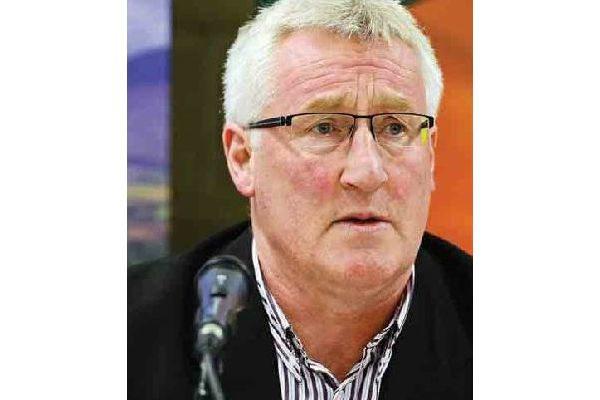
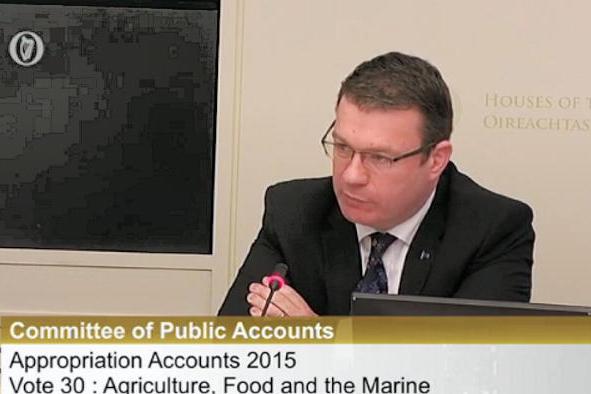
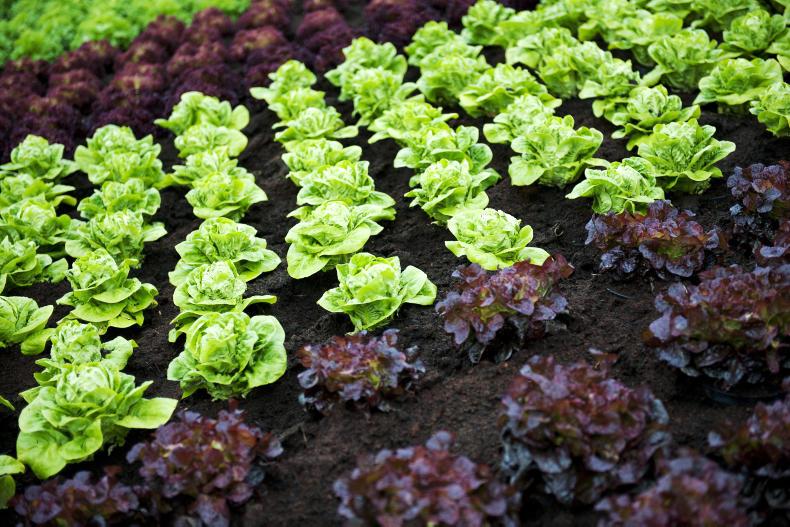
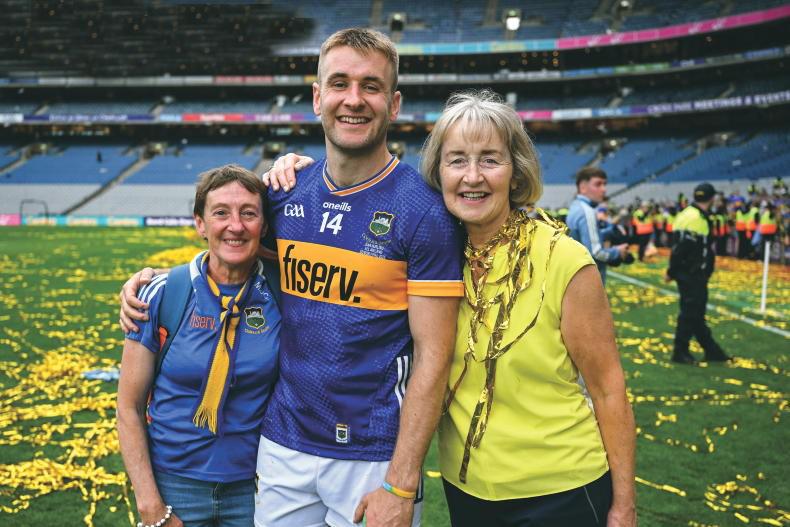
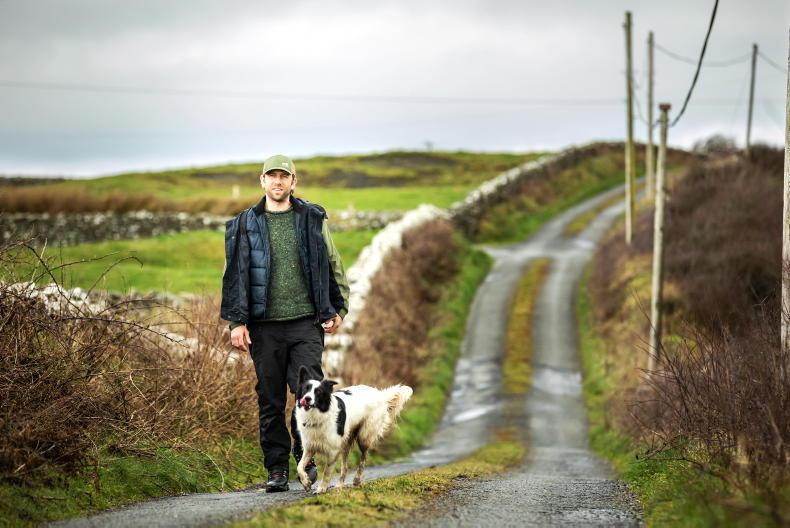
SHARING OPTIONS